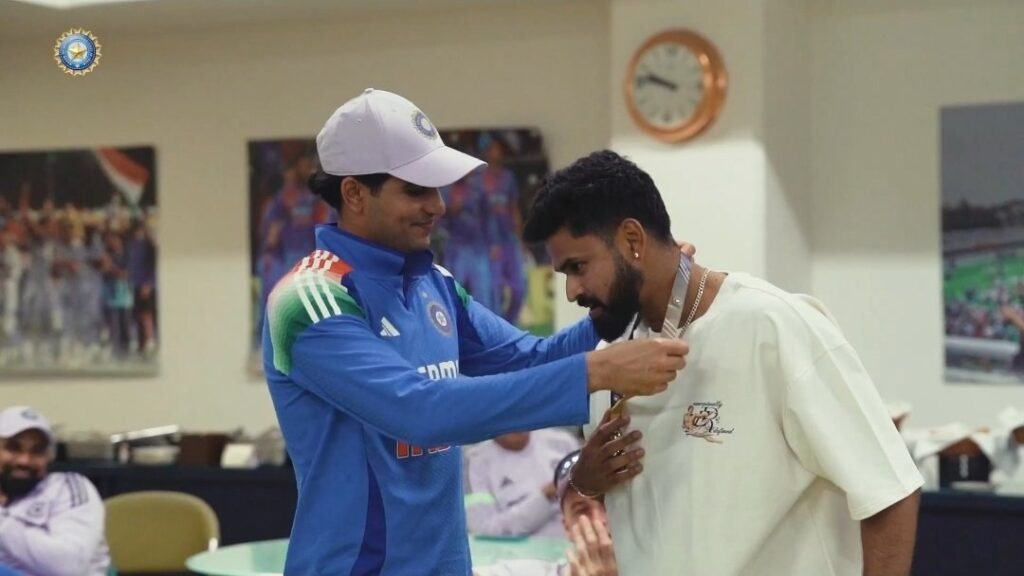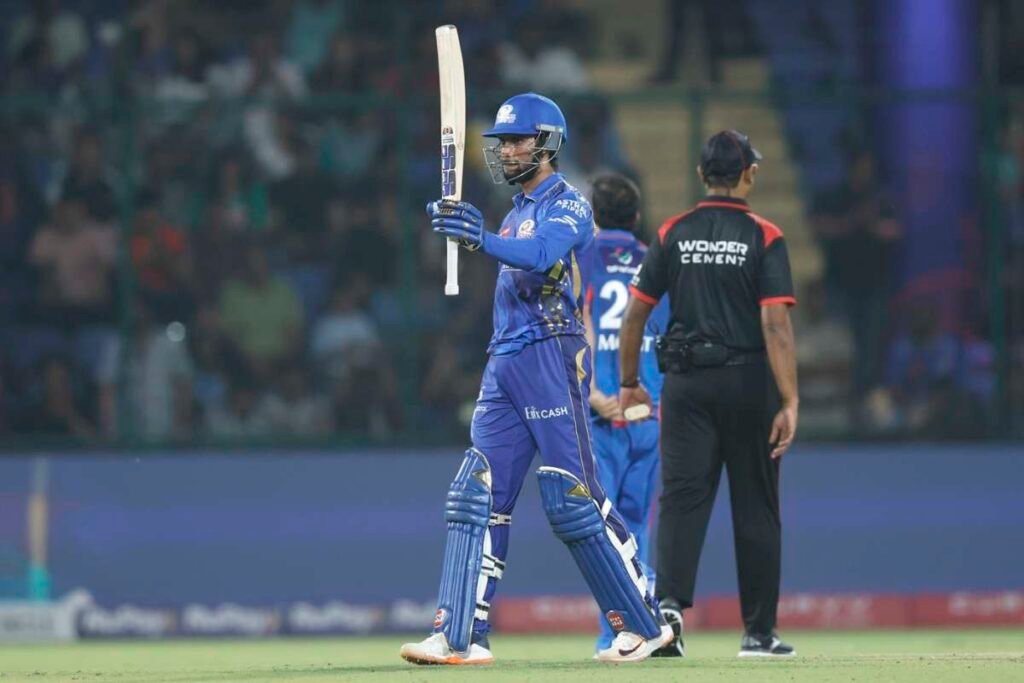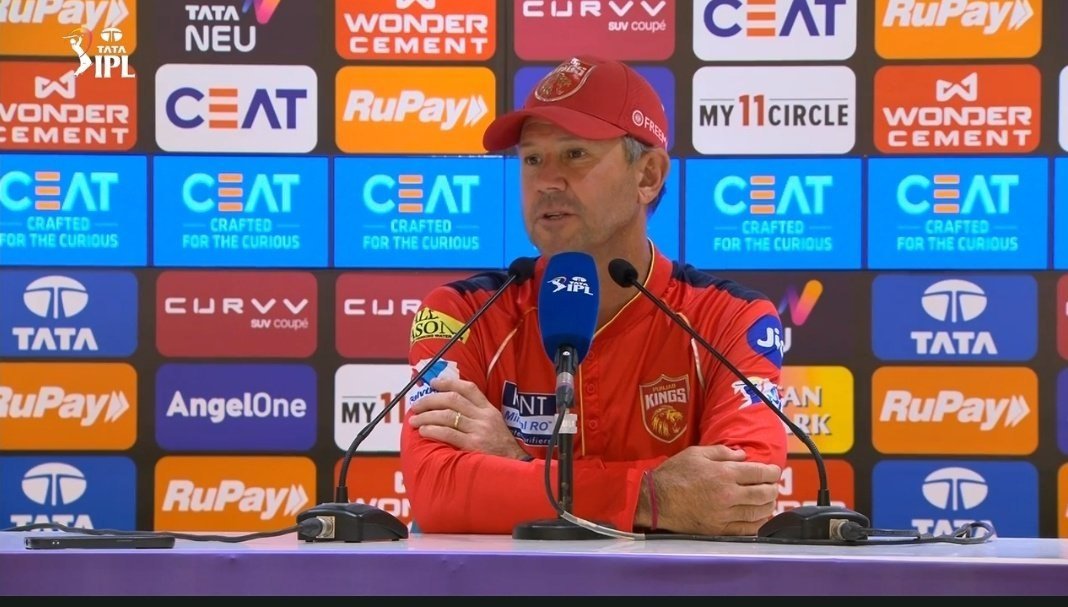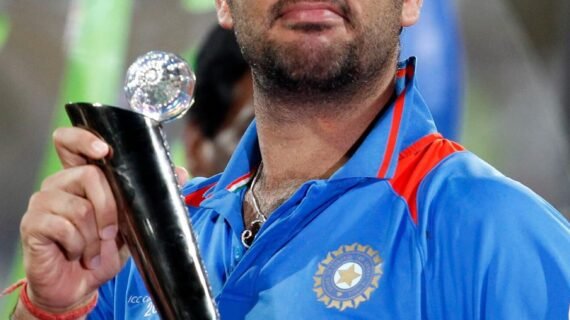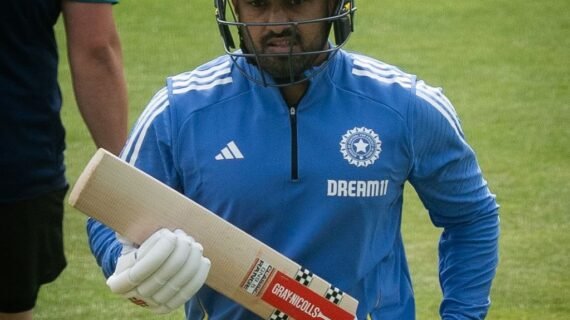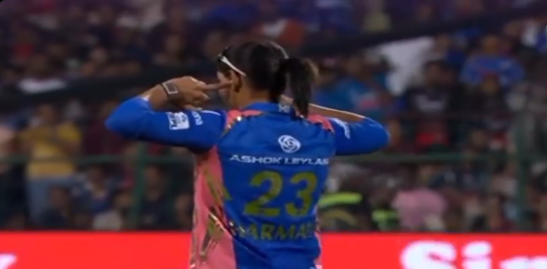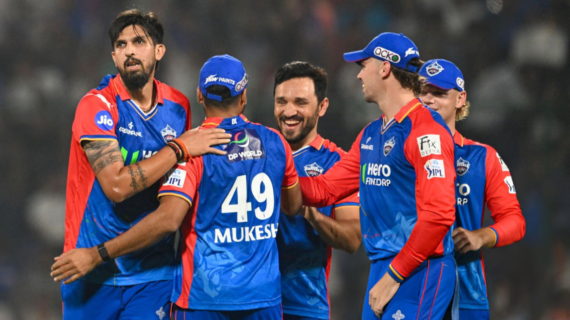Now Reading: Stephen Fleming Raises Concerns Over India’s Aggressive Young Batting Approach
-
01
Stephen Fleming Raises Concerns Over India’s Aggressive Young Batting Approach
Stephen Fleming Raises Concerns Over India’s Aggressive Young Batting Approach
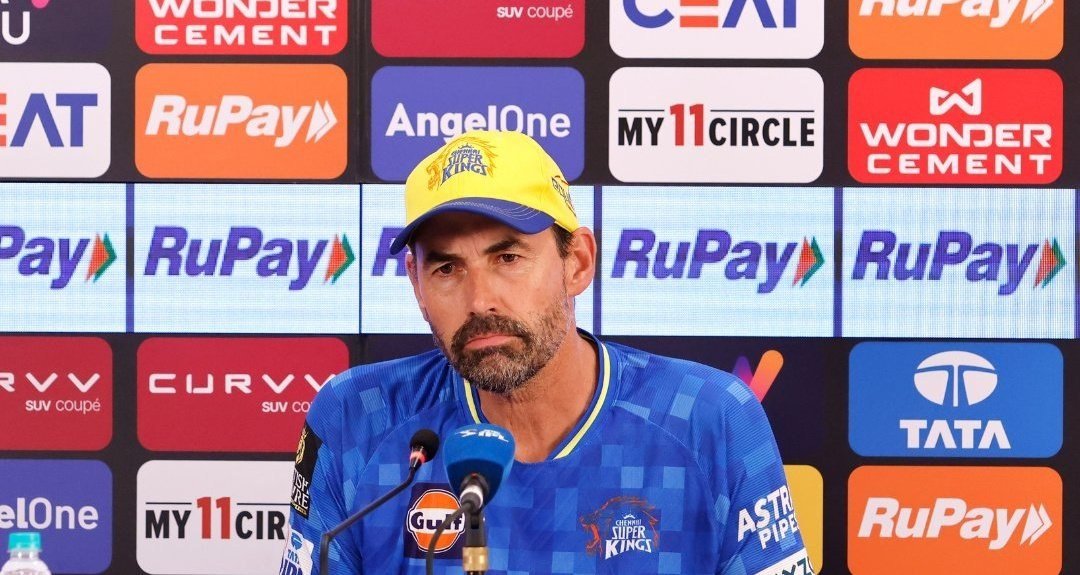
Introduction: A Shift in Batting Mindset
Former New Zealand captain and highly respected coach Stephen Fleming has sparked a fresh debate in the cricketing world with his recent comments about the evolving approach of young Indian batsmen. Speaking about the modern-day aggressive mindset of upcoming cricketers, Fleming expressed admiration but also voiced his concerns over the sustainability and long-term impact of this new style, especially under testing conditions.
“Taking on Bowlers from Ball One” – A Double-Edged Sword?
Fleming pointed out that today’s young Indian batters are showing a fearless attitude by attacking bowlers right from the start of their innings. “We’re seeing youngsters in India taking on bowlers from ball one,” he said, reflecting the growing influence of T20 and franchise cricket on the newer generation.
While this brand of cricket brings excitement and puts bowlers under pressure, Fleming questioned its effectiveness in challenging conditions where technique, patience, and adaptability play a crucial role.
Sustainability in Tough Conditions: A Real Question
The former Kiwi skipper posed an important question that many purists and analysts are beginning to echo: “Is it sustainable in tricky conditions? I don’t know.”
His concern stems from the fact that pitches in places like England, South Africa, and New Zealand can be highly unpredictable, especially with seam, swing, or spin in play. In such situations, a batter’s ability to read the game, adjust tempo, and preserve their wicket becomes critical. An ultra-aggressive approach may not always yield success.
Subtlety of the Game at Risk?
Fleming went a step further and expressed deeper worry for the nuanced aspects of cricket. “Is the subtlety of the game going to keep growing? I’m concerned,” he added.
Cricket, traditionally a game of balance between attack and defense, has seen a growing tilt toward explosive play. With shorter formats dominating both domestic and international schedules, there’s a fear that classical techniques and strategic building of innings could become rare, especially among the newer crop of players.
Impact of T20 and IPL: Blessing or Challenge?
Fleming’s perspective also draws attention to the Indian Premier League (IPL) and other T20 leagues around the world. These formats demand immediate impact and favor boundary-hitting skills, often prioritizing aggression over technique.
While the IPL has unearthed exceptional talents and given youngsters a platform to perform, it has also led to a mindset where patience is often sacrificed for power. Fleming, having coached in the IPL for years, is uniquely positioned to observe this transformation firsthand.
A Need for Balanced Development
Cricketing legends like Rahul Dravid, VVS Laxman, and even modern-day stars like Virat Kohli have often stressed the importance of adapting to formats. Fleming’s comments serve as a reminder that while aggression is an asset, mastering the art of timing, placement, and understanding the rhythm of the game is equally crucial.
There’s a growing call among coaches and selectors to ensure that young players are trained not just for T20 success, but also for the challenges of Test and ODI formats, which demand a deeper cricketing IQ.
Conclusion: A Healthy Debate for the Game’s Future
Stephen Fleming’s remarks have reignited an important conversation in the cricketing community. His balanced viewpoint—acknowledging the brilliance of young Indian talents while questioning the longevity of their approach—highlights the need for thoughtful development strategies.
As Indian cricket continues to produce prodigies at a rapid pace, the challenge lies in nurturing them to become well-rounded cricketers who can thrive in any format, under any condition.
- Advantage Sample 1
- Disadvantage Sample 1












